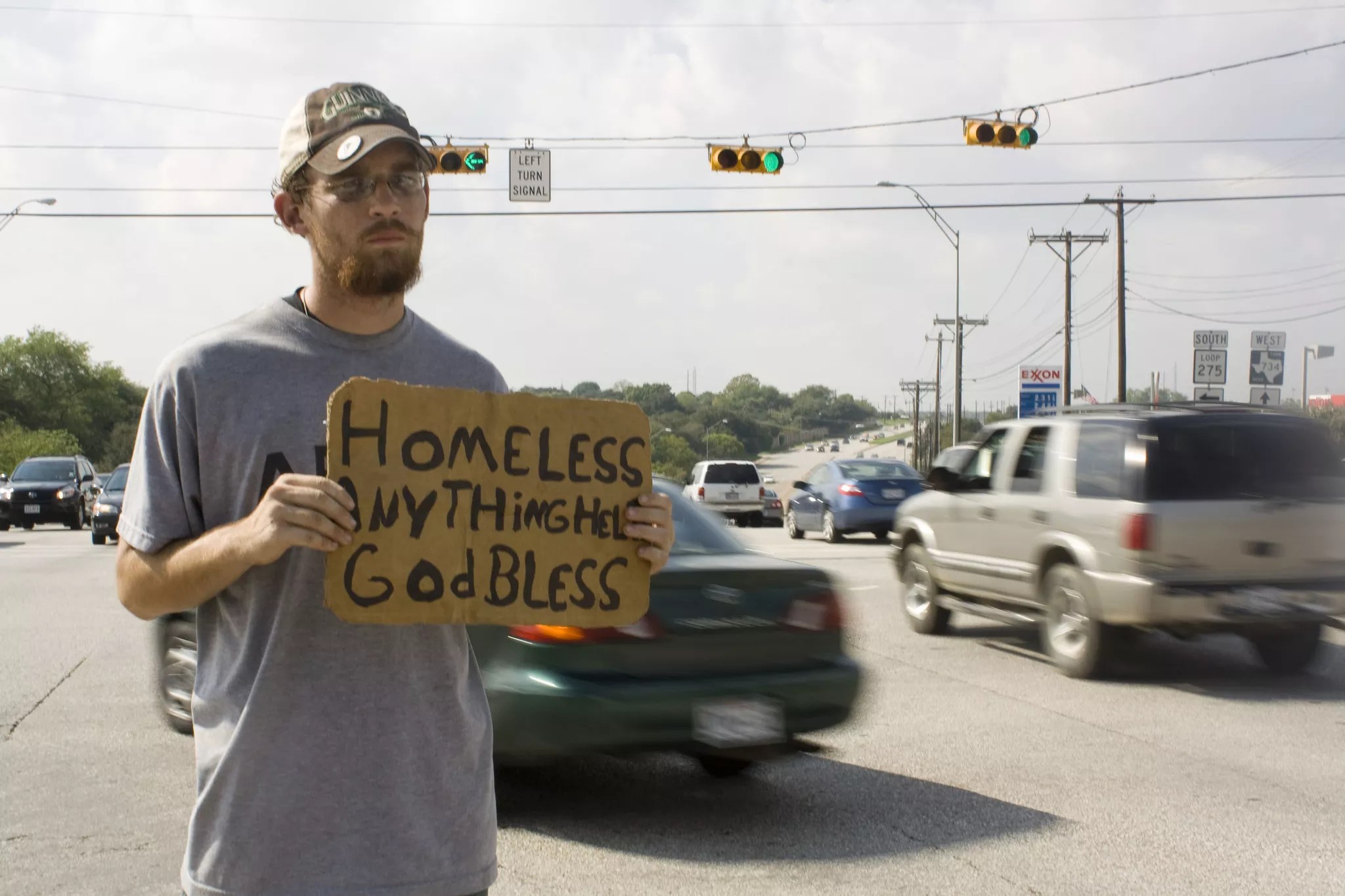

Audio By Carbonatix
The Miami City Attorney’s office has arranged for a $45,000 payout to a homeless man who sued the municipality over his arrests under an unconstitutional panhandling law.
After lifelong Miami resident Willie White was arrested twice last year under the city’s 2010 ordinance prohibiting “soliciting, begging, or panhandling” in its downtown business district, he teamed up with nonprofit civil rights group Florida Justice Institute to sue the city. The federal lawsuit filed last December claimed Miami police carried out the panhandling arrests despite a court ruling that made it clear that the ordinance was unconstitutional.
The city is now looking to settle the case, with the tentative payout to White up for consideration during the commission’s upcoming meeting on February 22. City Attorney Victoria Mendez’s office has urged commissioners to approve the settlement.
It remains unclear how the $45,000 would be split between White and his attorneys. Neither his lawyers nor the city has responded to a request for comment.
Last year, White was arrested twice within a roughly one-month span – on May 3 and again on June 7 – after approaching people for money in downtown Miami. In December 2023, he sued the city, arguing not only that the panhandling ban was unconstitutional, but also that the city had been enforcing it for years in disregard of a Miami-Dade appellate court opinion finding that it violated people’s First Amendment rights.
“Requesting donations is speech protected by the First Amendment,” Ray Taseff, White’s lead attorney, said when the case was filed. “The city cannot single out panhandling for differential treatment because it deems that speech unpleasant.”
In 2017, a public defender representing a homeless man named Andrew Toombs, who had been detained dozens of times for panhandling since 2007, argued that Miami’s panhandling ban violated his First Amendment right to ask passersby for money. A three-judge panel in Miami-Dade County Court’s appellate division subsequently agreed.
“The City argues that it does not discriminate among viewpoints, that no one is allowed to solicit funds whether they are homeless or members of the Girl Scouts. This is an outdated view of First Amendment jurisprudence which was rendered obsolete,” Circuit Court Judge Miguel De La O wrote in the unanimous opinion in 2017.
The decision was part of a wave of rulings nationwide striking down panhandling bans in the wake of the U.S. Supreme Court’s opinion in Reed v. Town of Gilbert, a landmark case that strengthened the presumption that a content-based restriction on speech is unconstitutional.
Despite the Miami panel’s ruling, the city’s police officers continued to jail people for panhandling.
In 2023 alone, records show, Miami police carried out at least 12 arrests under the panhandling ban – several of which were done on the same people, according to WLRN. Taseff called Miami police officers’ actions a “blatant violation of the Toombs decision.”
Legal fallout from Miami’s treatment of homeless residents extends beyond unconstitutional panhandling arrests.
Last week, Miami approved a $300,000 settlement in a lawsuit filed by four homeless people who said the city destroyed their belongings during an aggressive campaign to clear out homeless camps.
Among the plaintiffs was Latoyla Cooper-Levy, who said she lost her passport, phone, tent, and an urn holding her mother’s ashes when the city carried out a sweep of the homeless encampment where she lived in 2021.